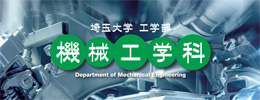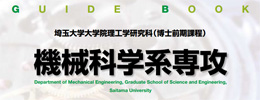Program in Mechanical Engineering and Science
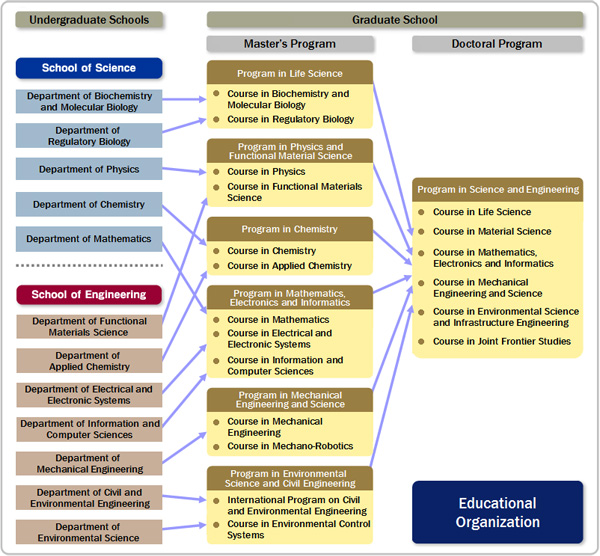
Manufacturing science may well be called the touchstone of engineering, and the fields of learning within its purview are various and manifold. Among these is the field of mechanical systems, the task of which is to work organically with the other areas of engineering for the benefit of mutual advancement. The goal of instructors in this major is to educate students, who will be able to stand at the center of research in production science and technology, students who will not only design systems that attain higher productivity and efficiency, but who will also design and put into practice a rich societal infrastructure in which humans and robots can productively cooperate.
There are two departments in this program. The mechanical engineering department deals with the core questions of mechanical engineering and the mechanorobotics department fuses mechanical engineering and robotics. Research and education begin with academic advice and lectures on the primary concerns of the respective fields and proceed, interweaving results and insights from both departments, to a systematic exploration of manufacturing science as a human assistive technology.
Course in Mechanical Engineering
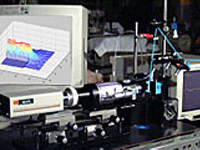
The main areas of interest in this department are materials science, manufacturing and processing science, and thermal-fluid science. The topics of lectures in this department of study cover: strength of materials, fracture mechanics, structural strength, materials engineering, evaluation of materials, production engineering, processing science, processing properties of materials, precision engineering, machine kinematics, fluid dynamics, gas dynamics, thermodynamics, combustion technology, and thermal energy.
The system of education combines these lectures with guidance in each laboratory and lectures on mechano-robotics, which allow the student to acquire cutting-edge knowledge that ranges across the whole spectrum of the mechanical sciences.
To give an idea of the content of research in this course, the following list of key words may help. Research deals with: elasticity theory, fracture mechanics, material fatigue, material informatics, intelligent materials, precision grinding, ultra-precision cutting, environmental production science, machine elements, tribology, detonation waves, supersonic combustion, PIV, CFD, microflows, etc.
Course in Mechano-Robotics
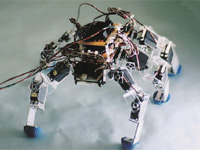
The mechano-robotics department is divided into two main areas: robotics-mechatronics and dynamics-design. The lectures in this course are related to robotics, the human-machine interface, mechanical systems control, mechatronic systems, biometrics, biomechanics biorobotics, mechanical systems design, mechanical systems dynamics, mechanical dynamics, dynamic modeling, motion system analysis, and modal analysis.
Education in this course is based on these lectures, together with research guidance in each laboratory and is supplemented by lectures in mechanical engineering to give the student cutting-edge knowledge across the full spectrum of the mechanical sciences.
Key words that might be used to further describe the research conducted in this course include: human-machine interface, control engineering, systems design, biomimetic machines, experiments on the suitability of biomaterials, shape, mechanical properties and human sensation, self-induced vibration, mechanism of motion.
Special Education Program
Global Creation Special Education Program
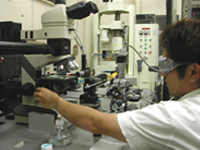
This is a special education program that succeeded to a special course with the time limit for three years (2008 - fiscal year 2010) by the Ministry of Education, Culture, Sports, Science and Technology university educational reform expenditure. In this program, the educational system held as the university, RIKEN, and the enterprise cooperate is a feature of the the greatest.
It aims at the training of the creative talent who can invent the reformative production technology needed by an active optical related industry in the Saitama district. The technology that can contribute to the development is concentrated from a global aspect, and the ability that it is possible to solve the problem outside box is supported.

